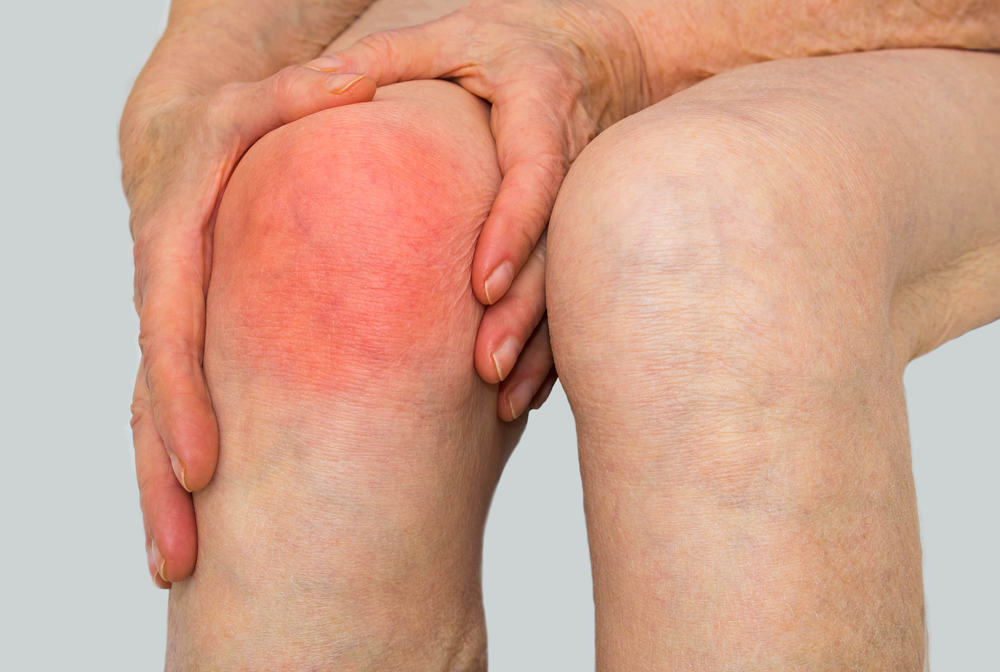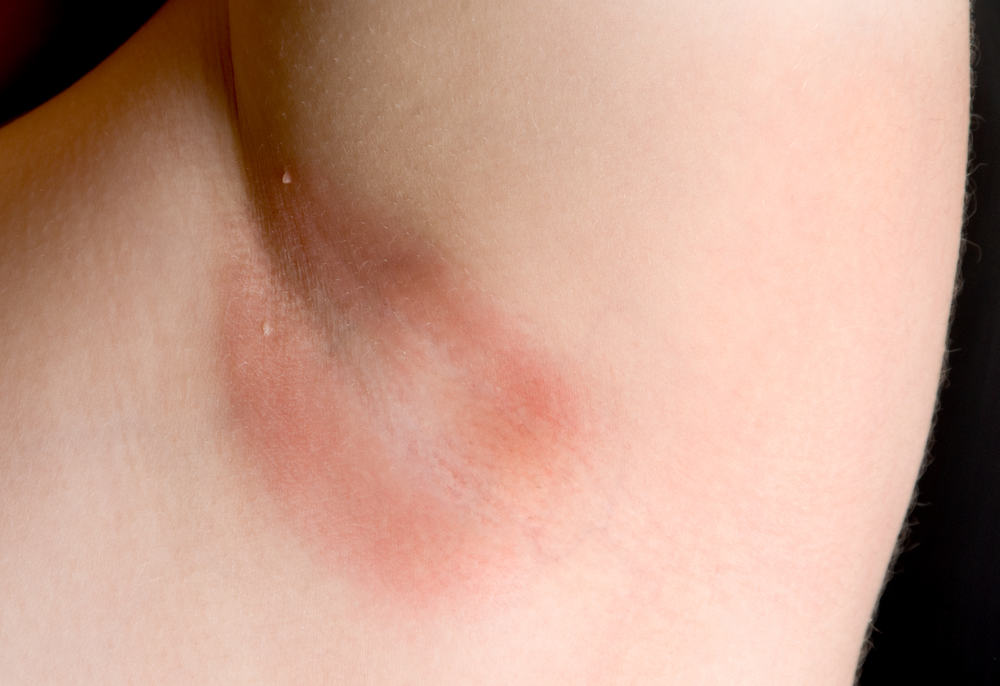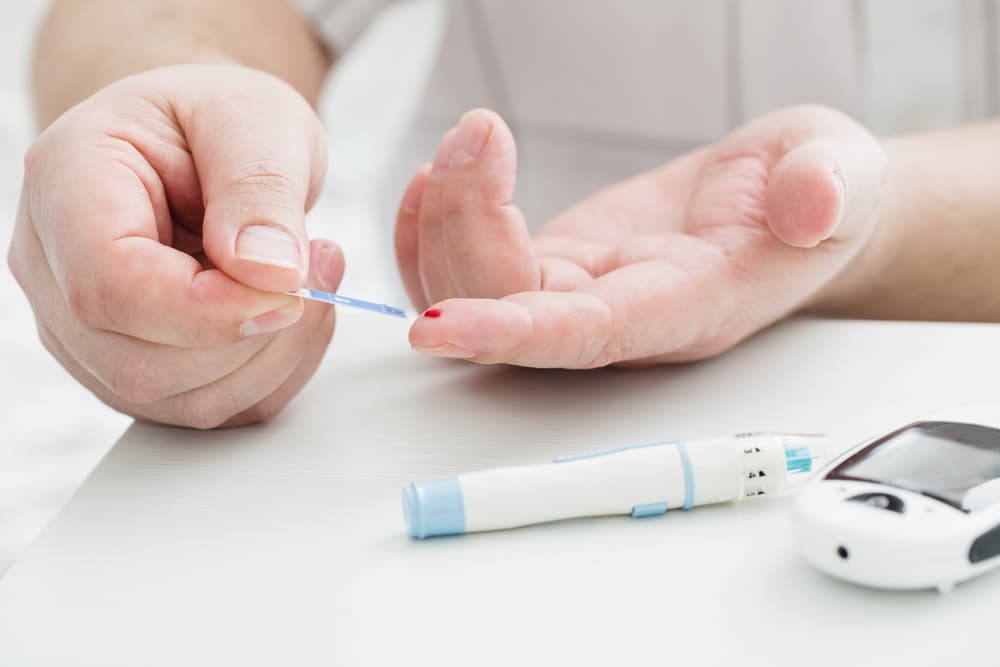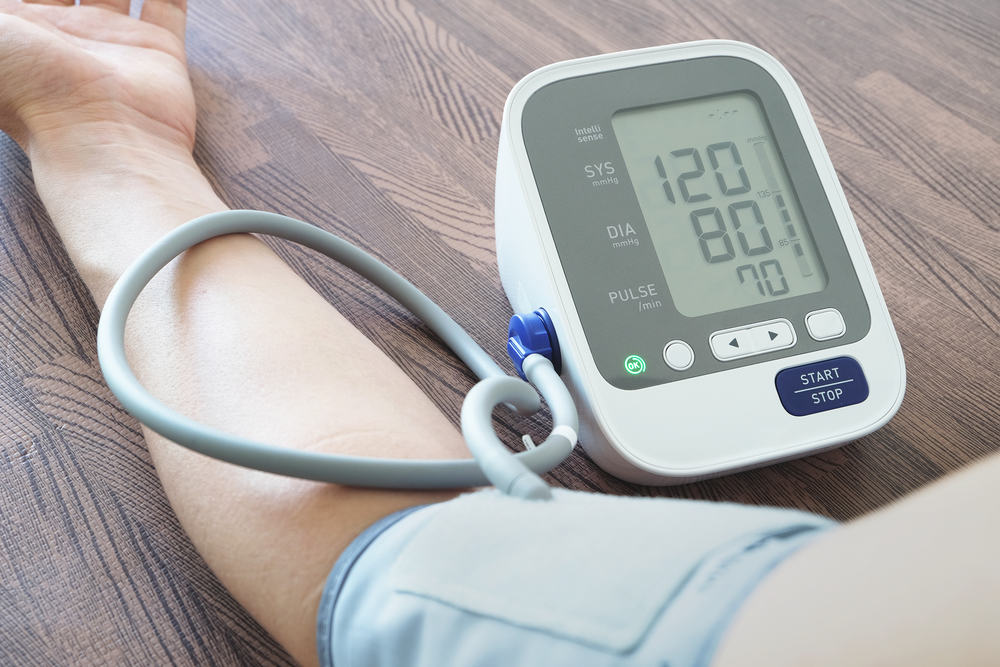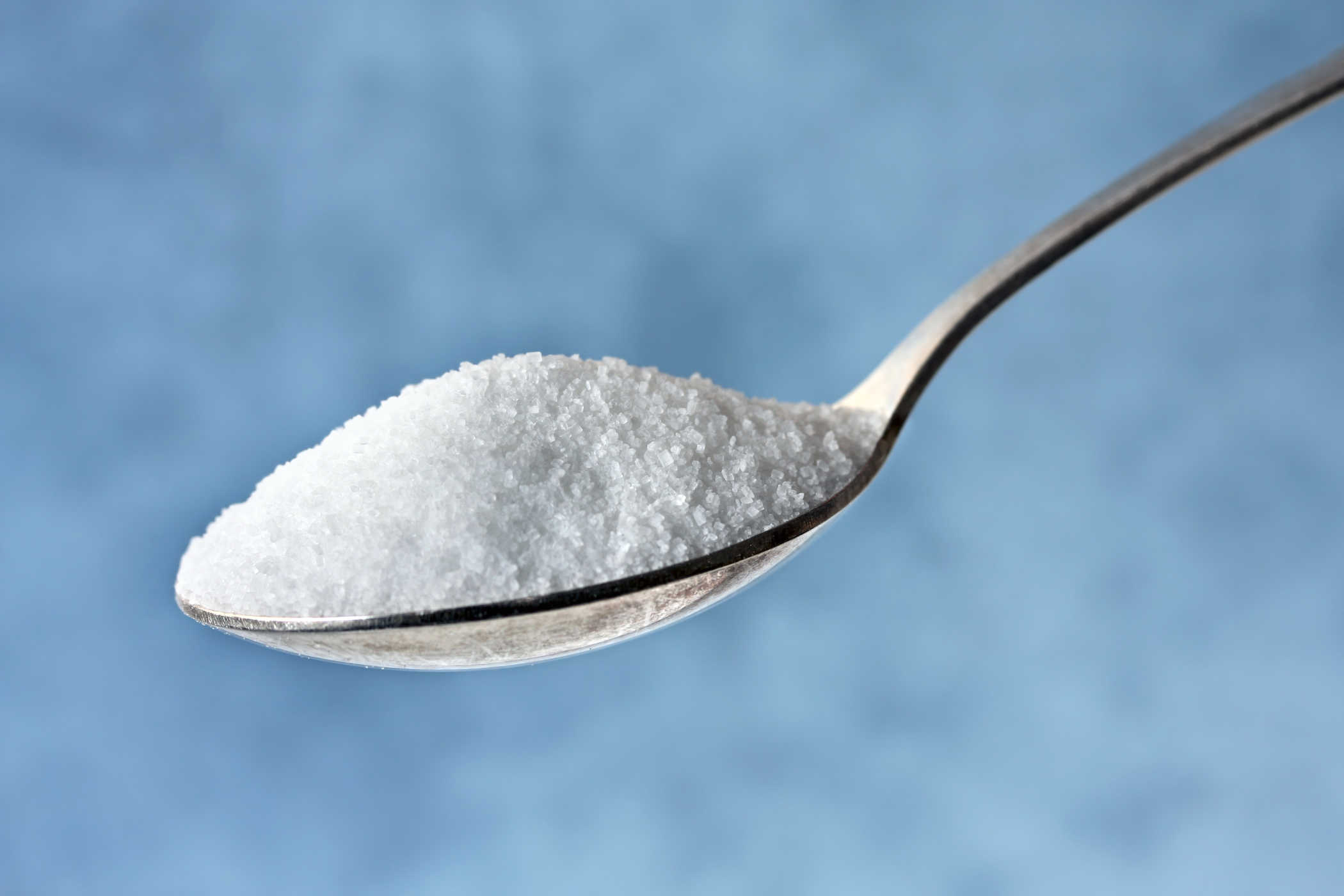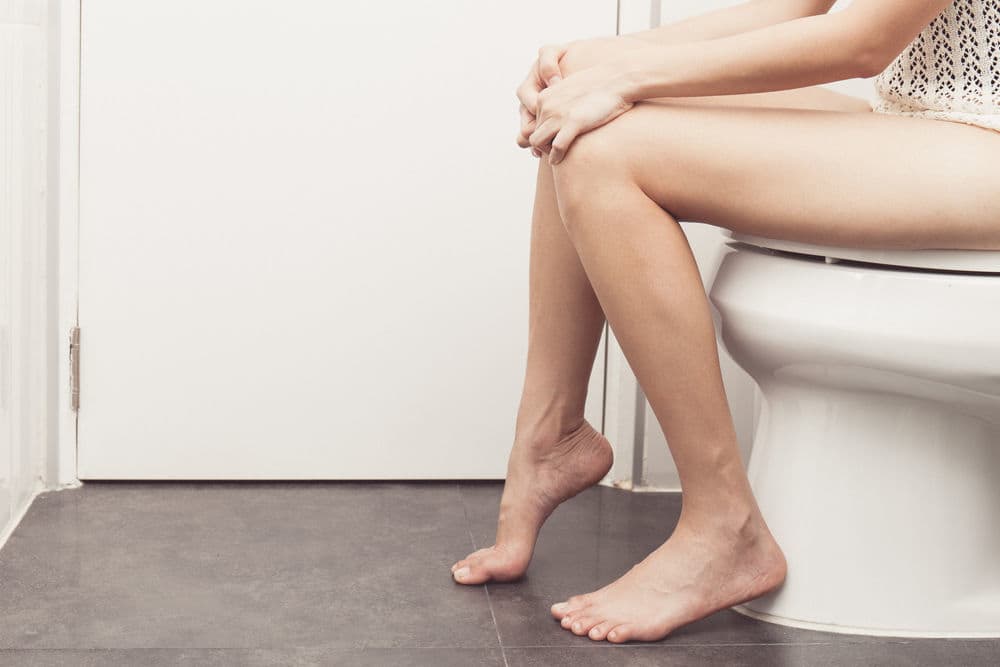Contents:
- Medical Video: Halfway There! All Things 20-Week Ultrasound
- Development & Habits
- How should the baby develop 20 weeks?
- What do I do to help develop a 19-week baby?
- Health & Safety
- What do I need to discuss with the doctor on week 20?
- What should I know on week 20?
- Attention
- What should I pay attention to the development of a 20-week baby?
Medical Video: Halfway There! All Things 20-Week Ultrasound
Development & Habits
How should the baby develop 20 weeks?
Here are some 20-week baby developments that you should know about
- Move your legs when held
- Roll from the supine position to face down and vice versa
- Can sit alone without being supported for a while
- Grab the objects around it
- React if you take the toy from his hand
- Move to the sound source by crawling little by little using your stomach and hands
What do I do to help develop a 19-week baby?
When you let your baby lie flat, he will stretch his arms and legs, and arch his back up. This exercise is good for strengthening neck muscles and helps develop their ability to sit.
You can apply routine habits before going to bed with babies such as dinner, bathing, putting on a nightgown, reading stories, singing or playing music, until the little one falls asleep.
This habit besides making your child sleep more comfortably can also strengthen the inner bond with the little one. You and your partner can take turns to do this habit (the mother bathes the baby, the father reads the story, for example).
Health & Safety
What do I need to discuss with the doctor on week 20?
The number and type of technical examinations and procedures that doctors will do vary depending on the condition of the child. Don't hesitate to consult a doctor if you want to ask about your baby's development concerns.
What should I know on week 20?
There are a number of things you know, including:
1. Baby shock syndrome
Baby shock syndrome (shaken baby syndrome / SBS) is a serious condition that can cause brain injury. Baby shock syndrome occurs when someone shakes the baby too hard, causing the baby's brain to move inside the skull.
Babies are very vulnerable because the baby's neck muscles are not strong enough to support the head. This situation, if it continues, can cause serious injury, blindness, eye damage, mental disorders, convulsions, paralysis, permanent brain damage or even death.
SBS may appear when you play with babies too aggressively. Regular activities such as tickling when interacting with children or while in a car on rough roads are not the cause of this syndrome.
Shaken babies may appear colic, too sleepy, vomiting, no appetite, difficulty breathing, or irritability. If you suspect your child has SBS, contact your pediatrician or take him to the emergency room immediately. The baby's condition may worsen and he will experience permanent brain damage if he doesn't get the right treatment.
2. Black baby stool
If the baby's stool is black, there is a high chance that the iron intake in the baby's blood is too much. In some children, when the bacteria enter the digestive tract, the body will remove bacteria through feces causing the stool to become dark brown, green or black.
This is not a serious condition and need not worry because some studies show that a small amount of iron in the stool will not make it difficult for the baby to digest or feel uncomfortable.
However, iron supplementation for babies is not recommended because most babies get enough iron from breast milk, formula milk, and cereal.
If the baby's stool is blackish and accompanied by unnatural symptoms, immediately take it to the nearest hospital.
Attention
What should I pay attention to the development of a 20-week baby?
Below are a few things you should pay attention to:
Stimulate children to do physical activity
Many parents are too focused on the intellectual and physical development of the baby, so that his body's health problems are not so much noticed. In fact, the overall health of the baby's body also needs attention. To stimulate motor skills, try to invite you to do physical activity. At this stage, you can only help the child to sit by placing void on the sides of the baby's body so he can sit upright.
You can also place toys around the baby to stimulate the ability to move to reach the toy. In essence, create a pleasant atmosphere when you let your baby play or crawl. You can take the baby to talk by explaining what he is doing. This is done so that the child realizes how much fun physical activity he is doing.
2. Don't regulate the baby too much
Babies who always sit on a stroller or on a child-only chair or bag carry no chance to do various physical activities. As a result, the baby will be a passive and weak child. Whatever the age, your baby needs to be active. With a face down, babies aged 3-4 months are generally able to turn around.
When in a prone position, the baby will crawl and explore whatever is around it using his hands and mouth. In addition, the baby also tries his best to try to push his hips and lift his head and shoulders. All of these activities are natural stimuli to the baby's arms and legs when he is in a spacious room without any restrictions.
3. Don't worry too much
Babies must exercise in a natural way. Many activities can be fun for you and your baby, and help your child to be able to interact with other children. If you decide to take a baby-specific exercise class, consider these things:
- Are the teachers trained? Is the sport safe? Ask your doctor before registering. Watch well. Any sport with shaking movements is very dangerous. This type of exercise might stress a child rather than make him happy.
- Is the child happy? If he doesn't smile or laugh while sports, he might not like it too much. Be careful especially if the child seems confused or scared when forced to do things that make him uncomfortable.
- Are the tools used specifically for babies? Special sports equipment for babies is usually brightly colored, in various forms, not hard, composed of materials that are safe for babies, and certainly do not look dangerous.
- Will the child be given the opportunity to play freely? Most baby classes usually let children do whatever they like themselves rather than divide the child into several groups.
- Does the class focus on music? Children often like music and rhythmic activities, such as swinging and singing or a combination of both during sports.
4. Let the baby set it himself
Forcing a baby to practice, or doing anything that makes him unprepared or uninterested can have a negative impact. Let your baby exercise only if you notice that the baby can absorb and stop when he doesn't like or feels uncomfortable with the implication that he doesn't want to continue.
5. Pay attention to baby food intake
Actually, good nutrition plays an important role in physical development in children rather than exercise. You must always provide enough nutrients and minerals to increase energy.
6. Be a good example
Be a good example for your baby. If successful, mother and child will be healthy. If your child sees you walking to the market rather than driving a car, watching television while exercising rather than eating fried foods, swimming in the pool instead of just sunbathing on the edge of the pool, children tend to be more motivated to exercise or do physical activities.
What is the growth of a baby in the 21st week?




